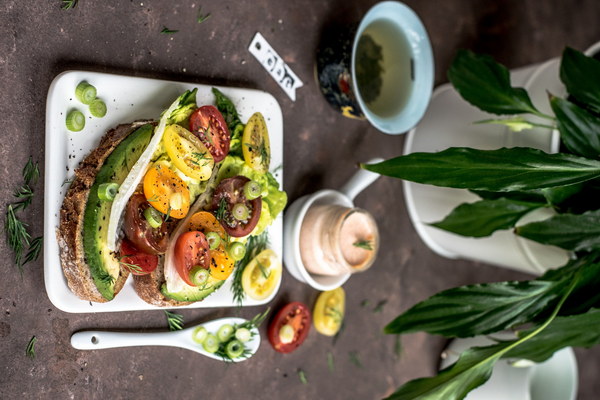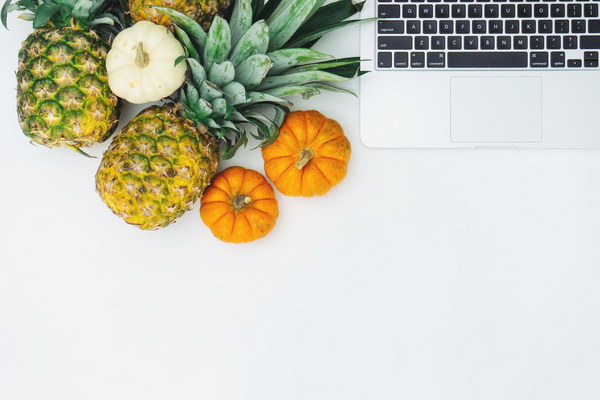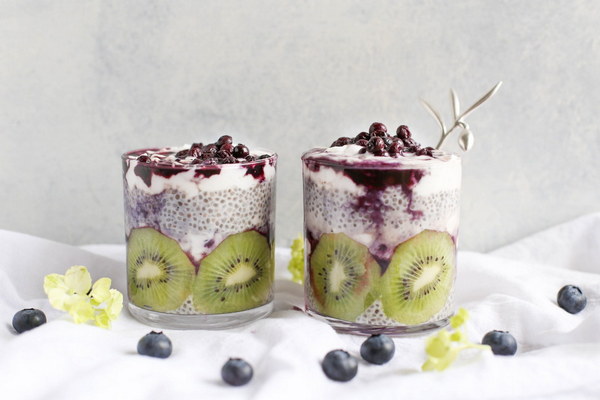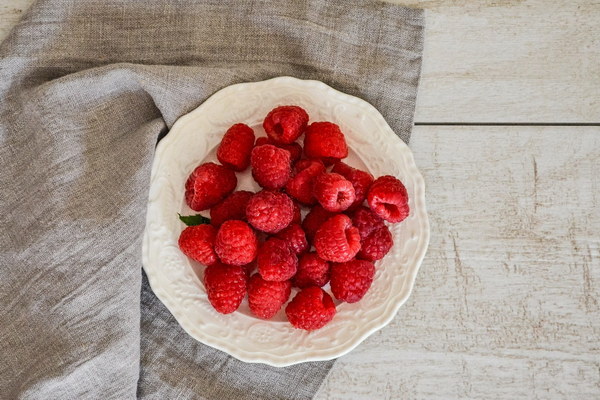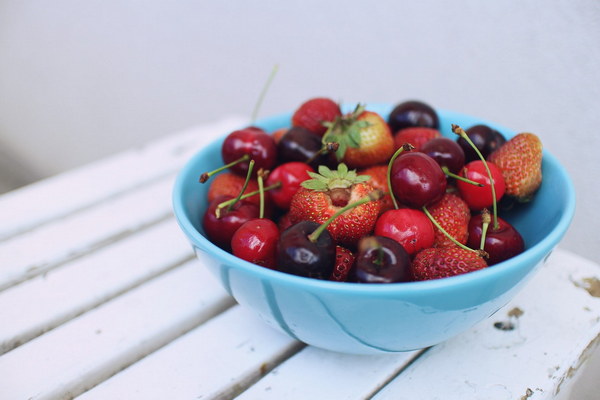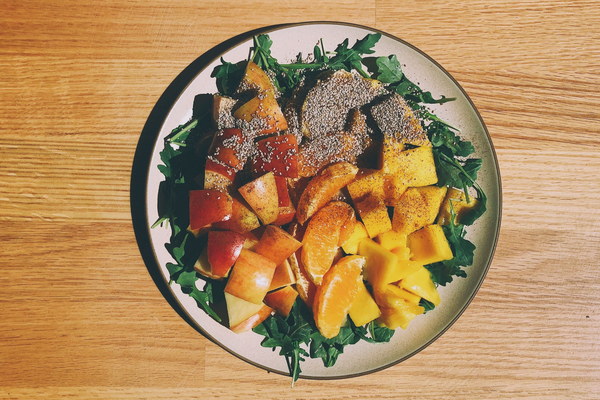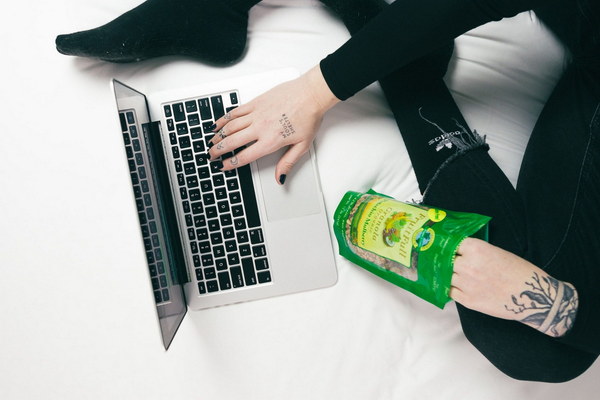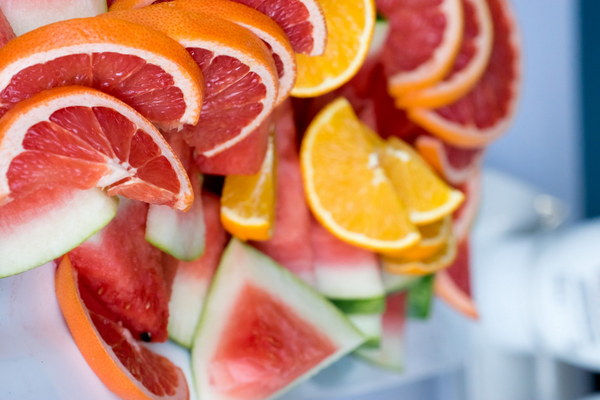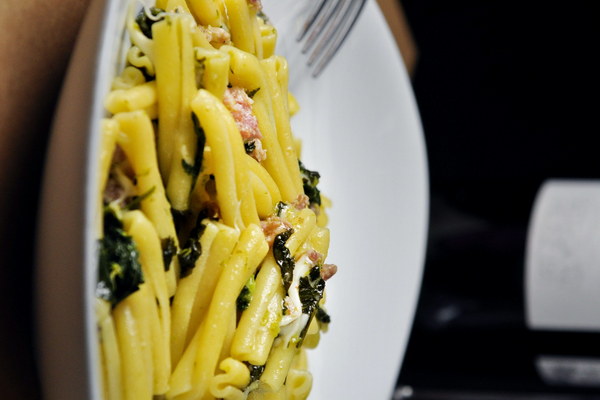Reviving Vitality A Guide for Introverts on Boosting Qi and Blood
In the modern world, the term introvert is often associated with a sedentary lifestyle, characterized by extended periods of staying indoors. However, this quiet existence can sometimes lead to a deficiency in Qi (vital energy) and Blood, which are essential for maintaining health and vitality. For the introverted individuals who seek to enhance their well-being, here's a guide on how to effectively replenish Qi and Blood without leaving the comfort of their homes.
Understanding Qi and Blood Deficiency
Qi and Blood are fundamental concepts in Traditional Chinese Medicine (TCM), which play a crucial role in the body's overall health. Qi is the vital energy that animates the body and maintains its functions, while Blood is responsible for nourishing tissues and organs. A deficiency in either can lead to a variety of symptoms, including fatigue, weakness, poor concentration, and a general lack of energy.
Home Remedies to Boost Qi and Blood
1. Mindful Movement: Even the most introverted among us can engage in gentle, mindful movement to stimulate Qi flow. Practices such as tai chi or qigong can be done in a quiet space and are excellent for calming the mind and boosting energy levels.
2. Herbal Remedies: TCM offers a range of herbs that can help replenish Qi and Blood. Ingredients like Astragalus, Codonopsis, and Polygonum multiflorum are commonly used. Introverts can prepare herbal teas or tinctures to incorporate these benefits into their daily routine.
3. Nutritional Support: A balanced diet rich in iron, vitamins, and minerals is crucial for maintaining healthy Qi and Blood. Introverts can incorporate the following foods into their meals:
- Iron-rich foods: Lean meats, beans, lentils, tofu, and leafy greens.
- Vitamin C: Citrus fruits, strawberries, bell peppers, and kiwi to aid iron absorption.
- Vitamin B12: Fortified cereals, eggs, dairy products, and fish.
- Folic acid: Leafy greens, beans, and citrus fruits.
4. Acupuncture at Home: While professional acupuncture is best done in a clinical setting, introverts can mimic some of its benefits with self-acupressure. Applying gentle pressure to specific points, such as the Sea of Energy (ST36) or Governor Vessel 12 (GV12), can help stimulate Qi and Blood flow.
5. Breathing Exercises: Pranayama, the art of breathing, is a vital aspect of yoga and can be practiced at home. Simple breathing exercises, such as alternate nostril breathing or diaphragmatic breathing, can help increase oxygen flow and improve energy levels.
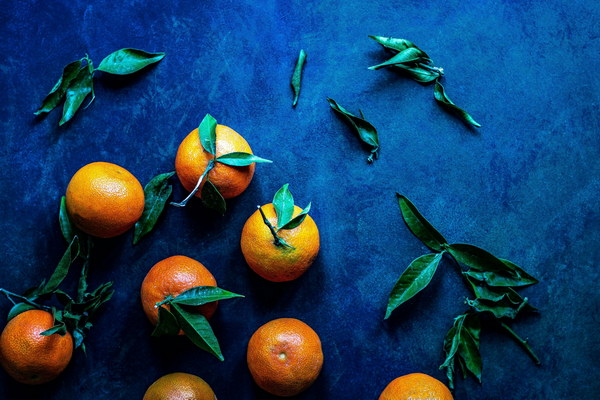
6. Aromatherapy: Using essential oils can be a soothing and effective way to boost Qi and Blood. Oils like ginger, cinnamon, and rosemary are known for their invigorating properties and can be diffused or applied topically.
7. Meditation and Mindfulness: Introverts often excel in meditation, which can help calm the mind and improve mental clarity. Practices like mindfulness meditation can help focus the mind, reduce stress, and promote a sense of well-being.
Creating a Wellness Routine
For introverts looking to boost their Qi and Blood, it's important to create a wellness routine that fits their lifestyle. Here’s a sample daily plan:
- Morning: Begin with a few minutes of gentle stretching or tai chi, followed by a cup of herbal tea made with Qi-boosting herbs.
- Midday: Enjoy a nutritious meal that includes iron-rich foods and a source of Vitamin C to aid absorption.
- Afternoon: Take a short walk or do some light yoga to stimulate Qi flow.
- Evening: Practice breathing exercises or meditation to unwind and promote a restful sleep.
- Night: Before bed, apply a few drops of an invigorating essential oil to your temples or pulse points.
By integrating these practices into a daily routine, introverts can effectively boost their Qi and Blood, leading to improved energy levels, enhanced mood, and a greater sense of well-being, all from the comfort of their own home.
